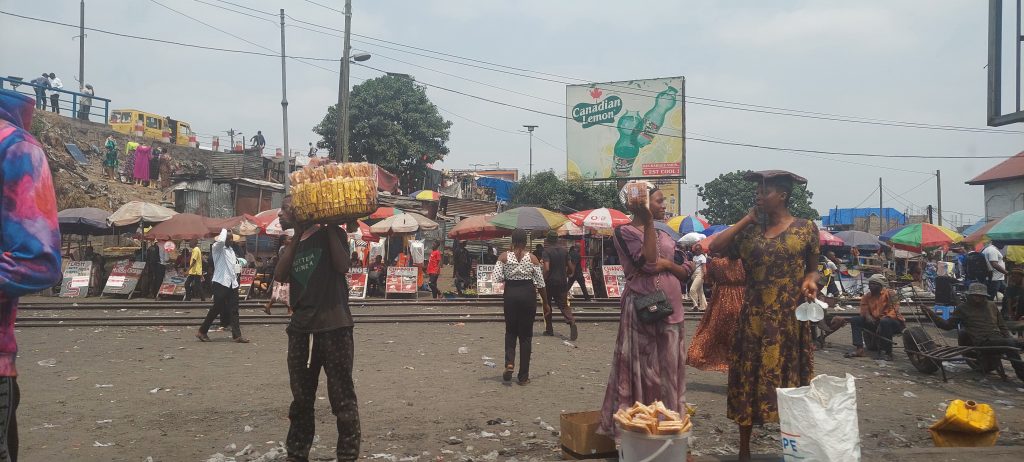Cooperation between Kinshasa and Brussels: hopeful initiatives for a sustainable future
The City-province of Kinshasa and the Brussels-Capital Region signed a cooperation agreement in 2016. This cooperation translates into concrete actions in various sectors, ranging from the digitalisation of administrative services to the economic independence of the local population. A mission led by Brussels International visited these projects.
Digitisation of Kintambo population register
A pilot digitisation project was launched in Kintambo municipality in January 2023. The aim of this initiative is to modernise the civil registry and population management service to meet the Democratic Republic of Congo’s ‘National Digital Plan’ and also certain joint expectations of the City-province of Kinshasa and municipal partners. The efforts made include configuring software, training local players and digitally updating the population database.
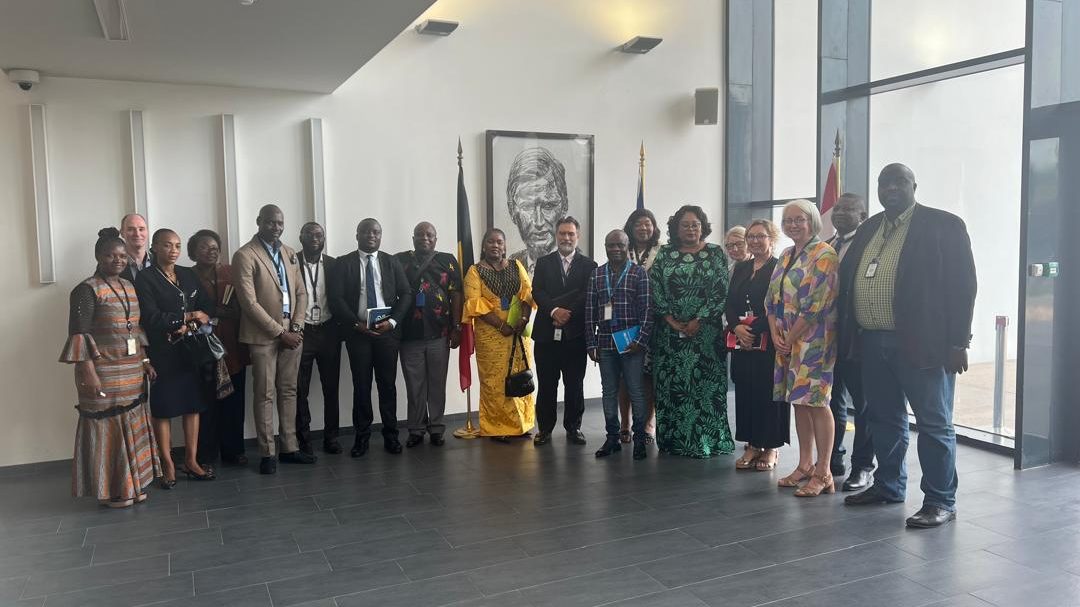
Female empowerment and strengthening agricultural capacity in Kingabwa
The economic empowerment initiative in Kingabwa is an inspiring example of support for women. The project aims to improve the income of 100 women rice farmers by modernising rice production and marketing. Training, equipment and inputs will enable the women to improve their skills, raise their standard of living and gain greater economic autonomy.
This initiative, supported by partners such as ADRA Belgium and ADRA DRC, is based on a sustainable economic model: part of the profits are reinvested to ensure the continuity of the project, while the other part is directly redistributed to the women rice growers.
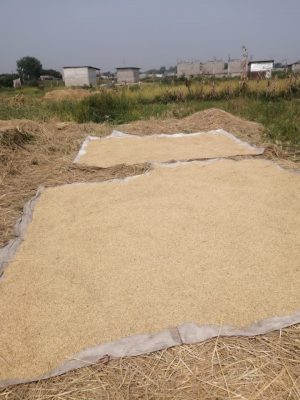 |
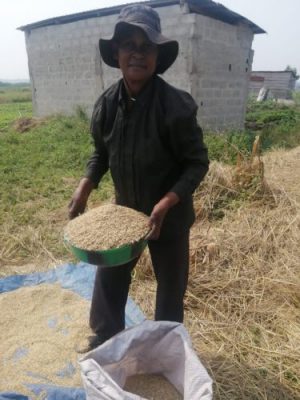 |
Getting young people to work through socioprofessional integration and internships
The aim of this project is to promote the socioprofessional integration of young people living on the streets. The project focuses on training 50 young people, at least 50 per cent of whom are young women, using a comprehensive methodology based on the project’s experience and applied research by the Department of Educational Sciences at the University of Kinshasa. A list of 38 occupations has been drawn up, allowing young people to be guided to training courses such as driver, baker, welder or dog walker, occupations other than tailor, beautician and hairdresser and carpenter. These practical courses are accompanied by modules on entrepreneurship and information and communication technologies (ICT), providing a holistic approach to the sustainable integration of these young people. An occupational psychologist has also been recruited to provide additional support,
This project by Louvain Coopération in partnership with the Ndako Ya Biso and Bana Ya Poveda reception centres incorporates innovative methodologies and promotes access to ICT, both for the young people and the structures that support them.
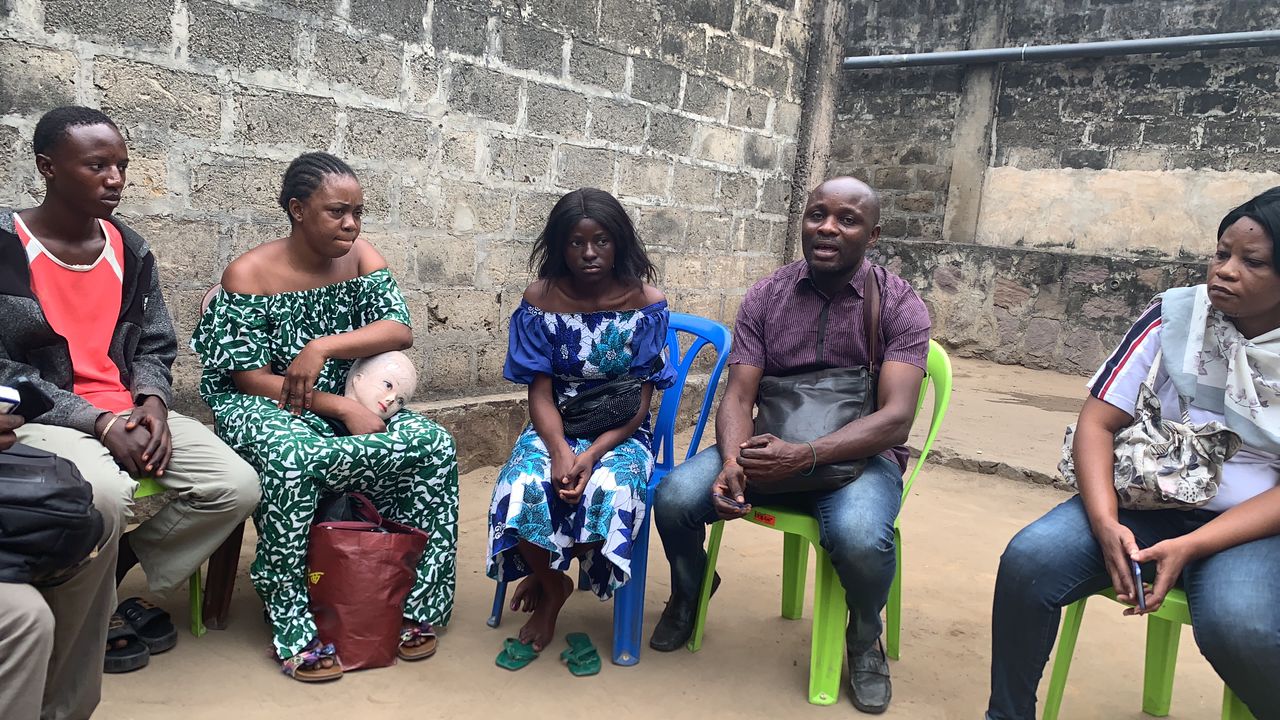
Socio-economic independence for street children in Kinshasa
Another project, implemented by Dynamo International and street social workers working at the Likemo shelter, focuses on street children. It aims to integrate young people into society and the workplace by raising quails, gardening and beekeeping, giving them stable and sustainable alternative sources of income.

Limpoba II: Support for vulnerable families in Kimbanseke municipality
In Kimbanseke, the Limpoba II project supports 200 vulnerable families in their quest for economic self-sufficiency. The development of village savings and credit associations (VSCAs) and local cooperatives enables families to meet their children’s basic needs (food, health, education) while strengthening their economic resilience.
Led by SOS Children’s Villages Belgium and supported by the City of Brussels, this project focuses on sustainability of outcomes.
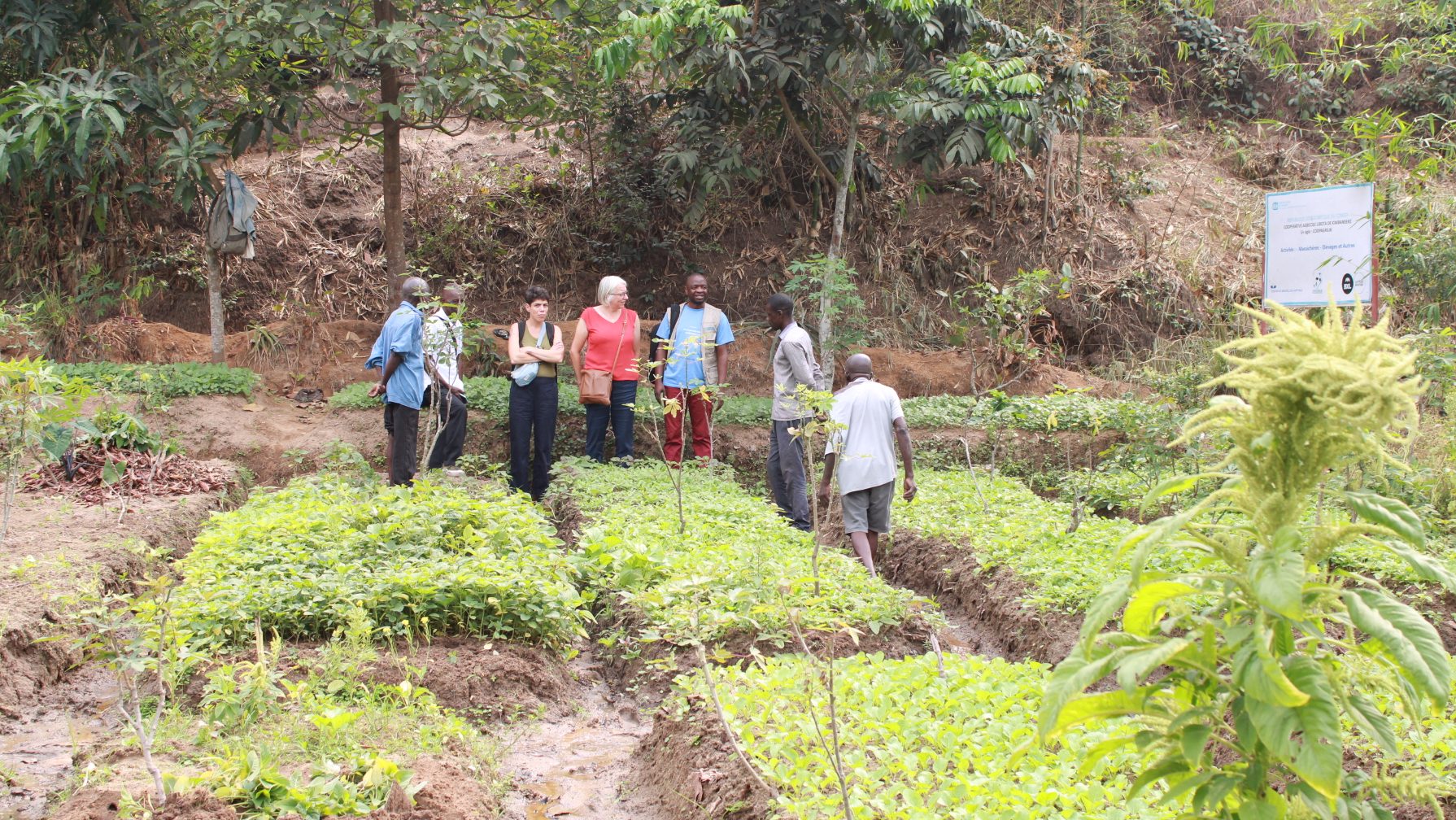
Independence of Malewa women in Barumbu
In the municipality of Barumbu, this project aims to improve the living conditions of Malewa women and girls who run makeshift restaurants on the streets. In collaboration with APLDD, a Belgian diaspora association, this initiative supports 70 women through training in food hygiene, the nutritional value of food and cooking techniques so that they can develop their skills and make their operations more efficient and profitable.
The aim is to bring those who want to do so together in cooperatives to create better-equipped restaurants to promote more stable economic activity.
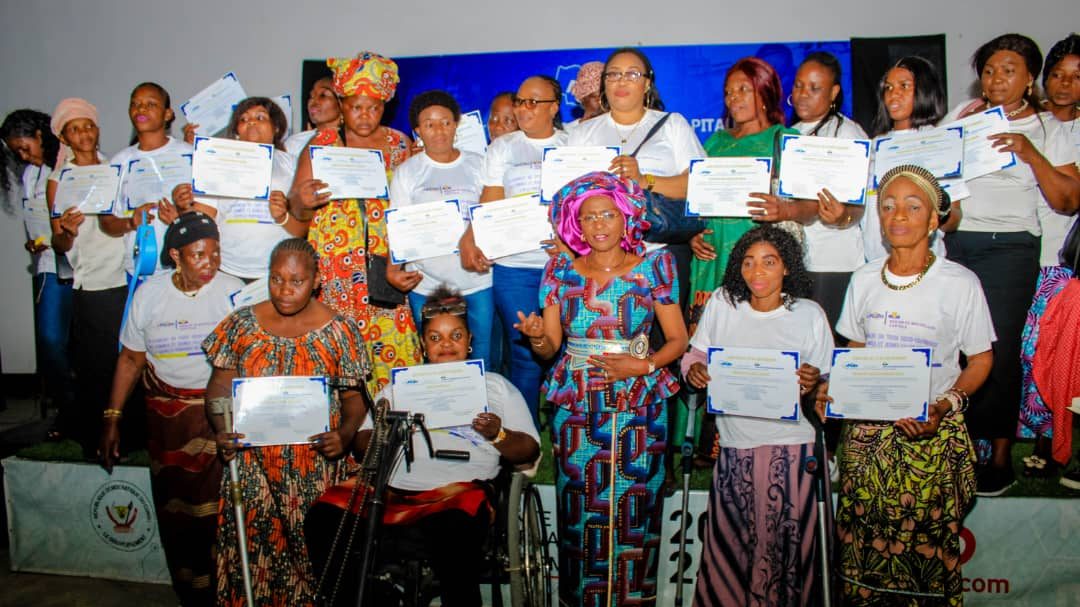
Turning organic waste into fuel briquettes in Kinsenso
Finally, an ecological and sustainable project in Kinsenso converts organic waste into fuel briquettes for domestic use. This project, which combines economic development and environmental protection, also provides crucial opportunities to young people living on the streets, a quarter of whom are girls. About 50 young people benefit from this initiative.
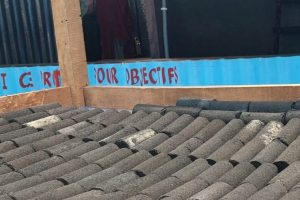 |
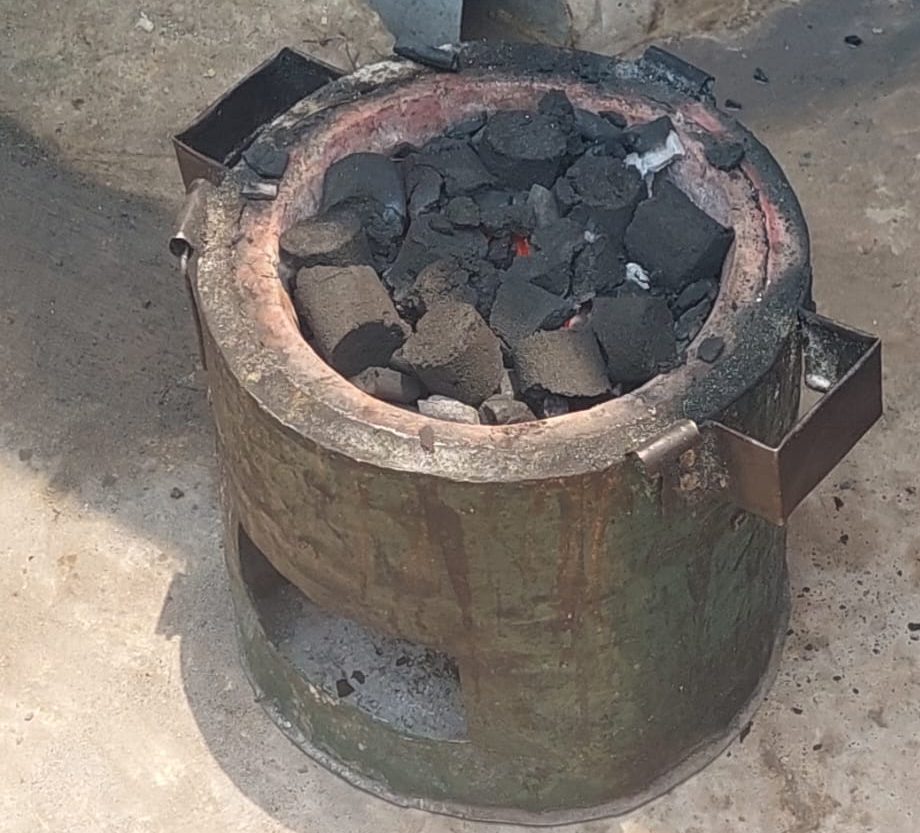 |
These initiatives testify to the dynamic partnership between Kinshasa and Brussels, and help build a more sustainable and inclusive future for the people of Kinshasa.
The mission provided an opportunity to organise a reception at the Belgian Embassy for the various Congolese and Brussels partners involved in this cooperation.
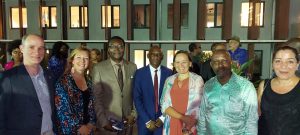 |
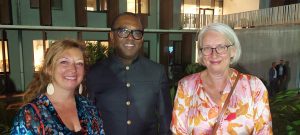 |



